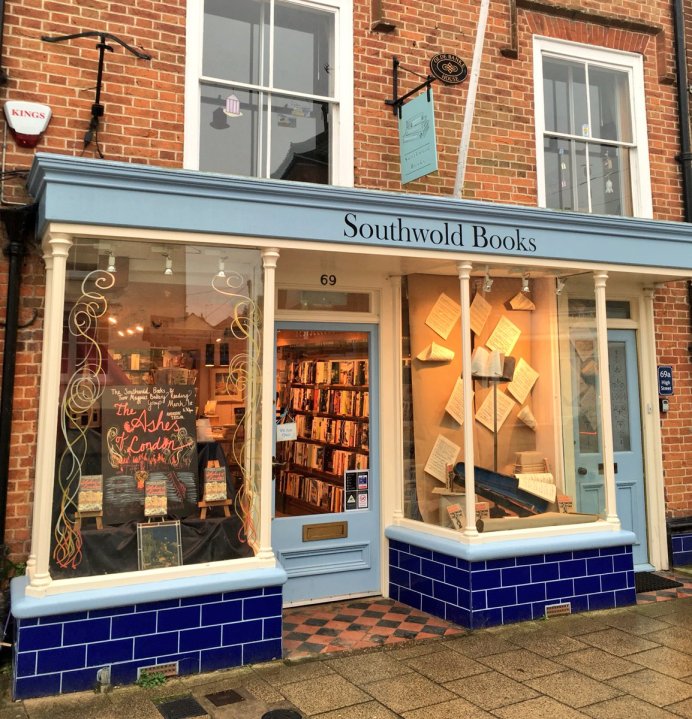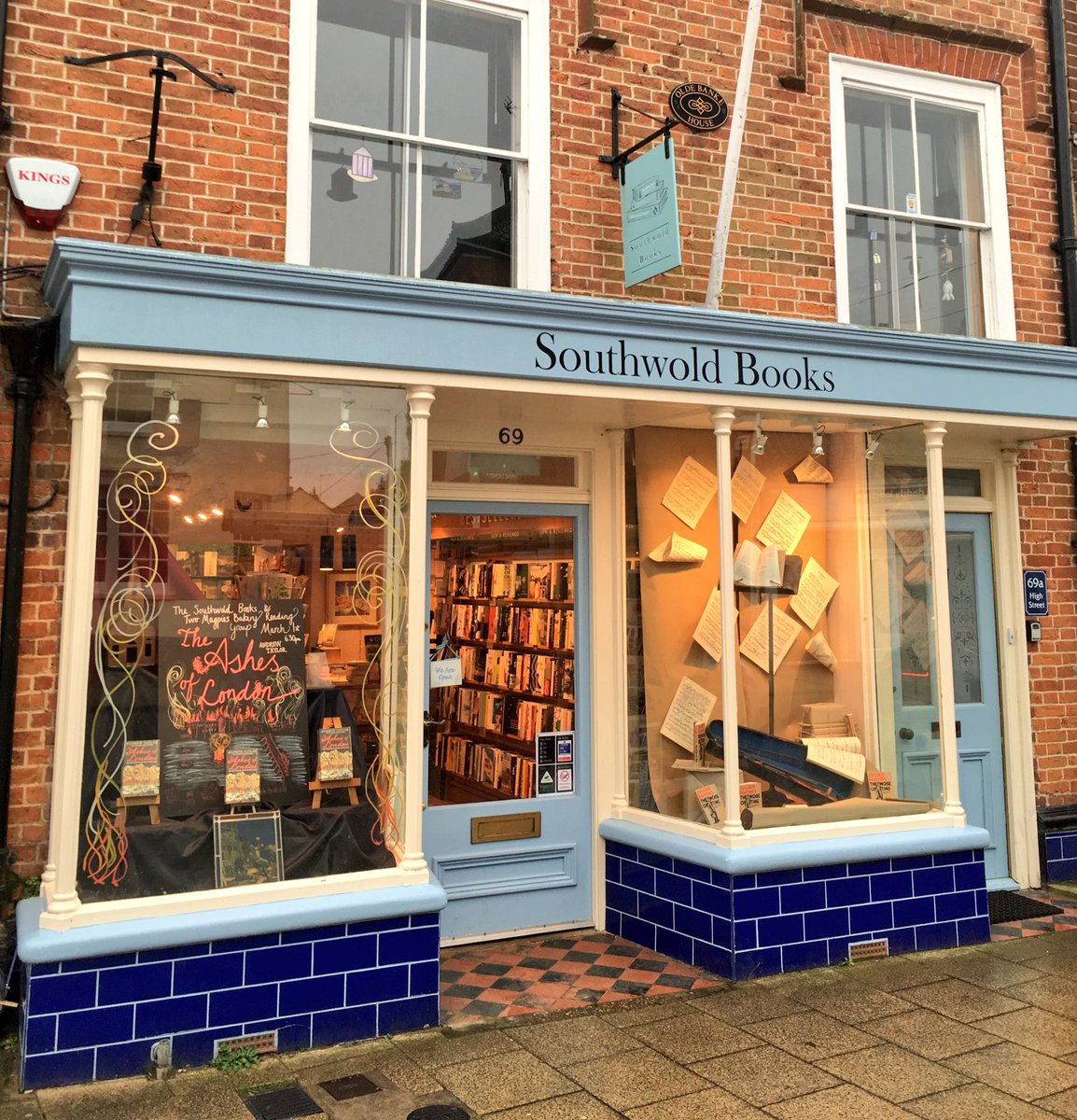What calamity could possibly be worse than waking up to find that the small, rarefied town near your weekend cottage has lost its bookshop, leaving you nowhere to go browsing for the latest tome by George Monbiot or Naomi Klein before going home for tea and crumpets? Answer: when a new bookshop opens up, purporting to be an independent bookshop when it is actually a branch of Waterstones in disguise.
That is the terrible fate which has just been suffered by residents of Southwold, Suffolk, and Rye, East Sussex, whose High Streets are now adorned with shop fronts in a fetching shade of blue. Only in the small print does it say that their independent-sounding names are in fact trade names of Waterstones. Some locals, it turns out, are not the least bit impressed, describing the company’s marketing strategy as ‘subterfuge’. As one angry local shopkeeper in Rye put it:
‘I suspect Waterstones wouldn’t have been able to set up shop if they had stuck a big sign on the front. The whole town would have been up in arms. They would have had their pitchforks out.’
Steady on just a minute. High Street shops are under all kinds of pressures, from online retailing to business rate increases to depopulation. In the case of Rye and Southwold, it can’t be easy trying to find business during the week when so many properties have been bought by people who drive from Hampstead every other weekend. Waterstones evidently believes it can make a success of businesses in these locations, but that is no doubt largely down to economies of scale that are not available to independent retailers. The alternative to a Waterstones in disguise is to have no bookshop at all. Are these people seriously suggesting that they would rather that than have their towns defiled by big business?
Sadly, that is exactly what I think some on the liberal-left would prefer. They have such an unmoveable prejudice against international capitalism that even a mid-size business like Waterstones offends their sensibilities. Yes, it is dreary when a High Street has nothing but chain stores selling homogenised merchandise. But big businesses tend to be big for a good reason: they have earned custom over the years by doing a good job. Part of that good job often entails stocking quirky goods which independent retailers won’t. A dozen years ago, I published a book myself. No independent local bookstore chose to stock it, but Waterstones did. So did Amazon – which continues to stock the title ready for immediate dispatch, long after sales slowed to a trickle. If you want to shun Waterstones, fine. Just don’t expect an independent bookshop run by a cheery and knowledgeable local bumpkin to open in its place.








Comments